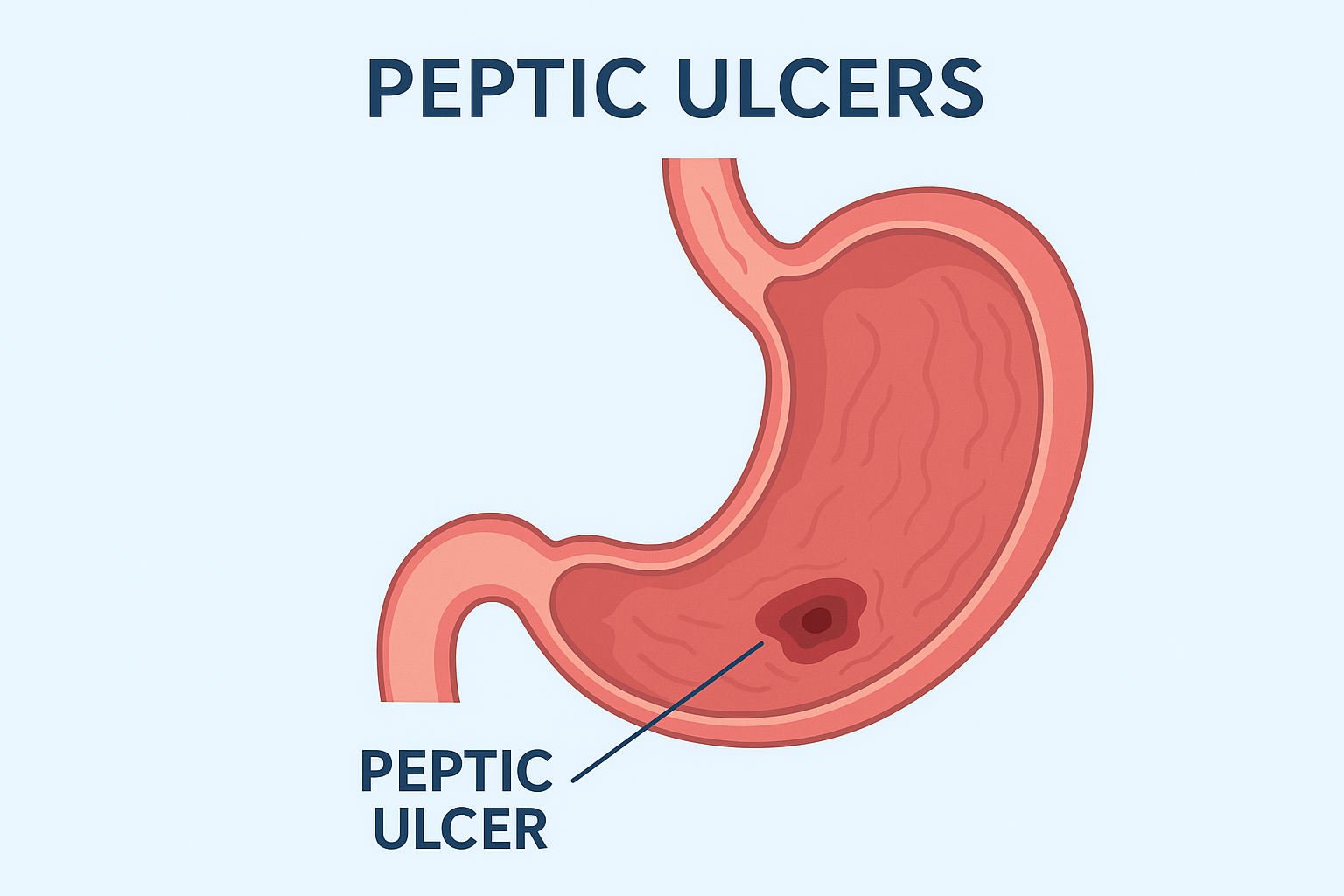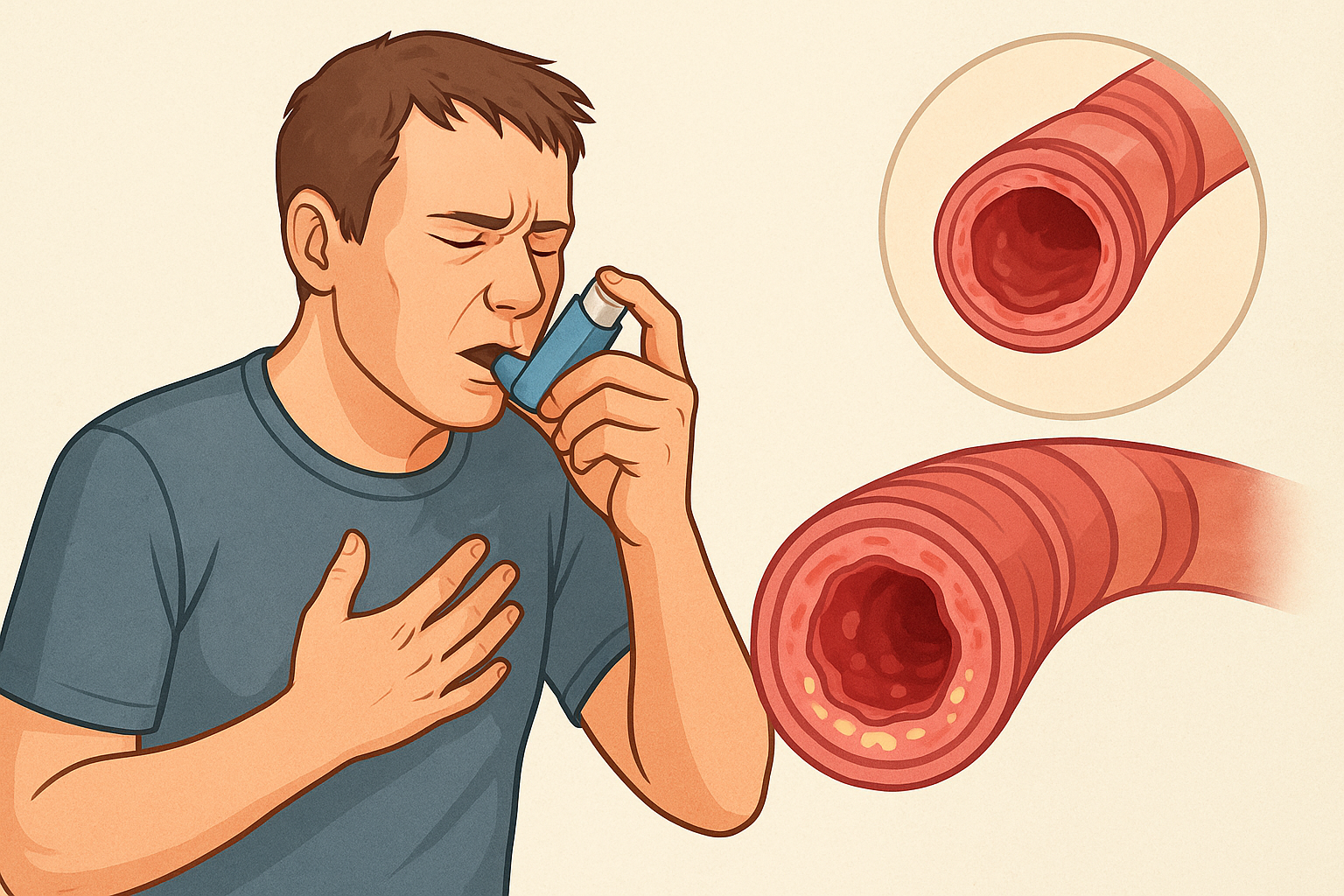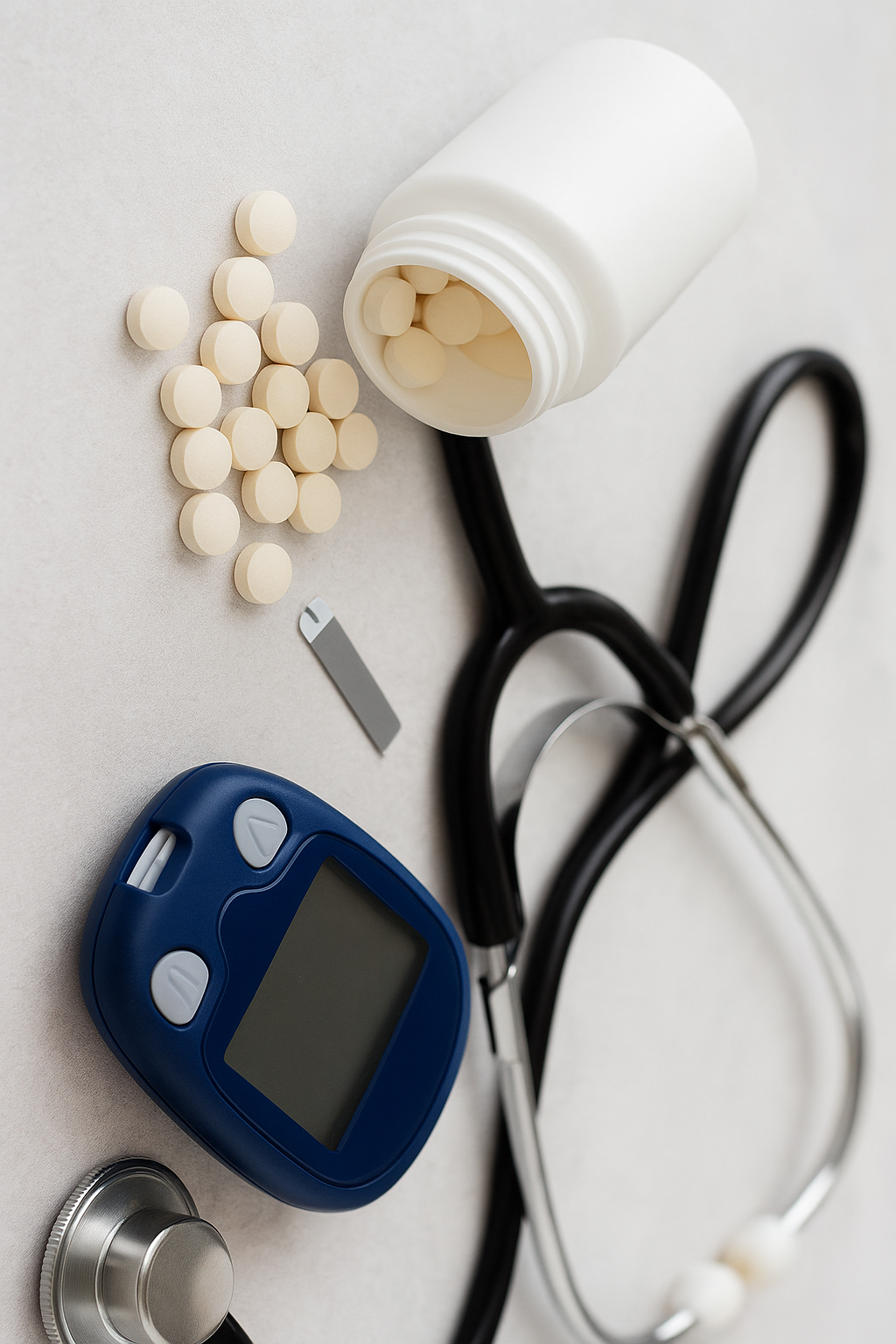Peptic ulcer disease (PUD) is a common digestive disorder that affects millions of people worldwide. It occurs when open sores develop on the inner lining of the stomach, upper small intestine (duodenum), or esophagus. If left untreated, peptic ulcers can lead to serious complications. Understanding the causes, risk factors, symptoms, and treatment options is essential for prevention and proper management.
What Are Peptic Ulcers?
A peptic ulcer is a sore that forms in the protective lining of the stomach or duodenum due to an imbalance between digestive acids and the natural defense mechanisms of the gastrointestinal tract. Depending on the location, ulcers are categorized as:
- Gastric ulcers – found in the stomach.
- Duodenal ulcers – found in the upper part of the small intestine.
- Esophageal ulcers – occur in the esophagus, often related to acid reflux.
Causes of Peptic Ulcers
The main causes of peptic ulcers include:
- Helicobacter pylori (H. pylori) infection
A common bacterial infection that damages the stomach lining and increases acid sensitivity. - Long-term use of NSAIDs (Non-Steroidal Anti-Inflammatory Drugs)
Medications such as ibuprofen, aspirin, or naproxen can irritate the stomach lining, leading to ulcers. - Excess stomach acid production
Caused by stress, genetics, or conditions like Zollinger-Ellison syndrome. - Lifestyle factors
- Smoking
- Excess alcohol consumption
- High-stress levels
- Spicy or acidic foods (may worsen symptoms but not a direct cause)
Symptoms of Peptic Ulcers
Symptoms may vary depending on severity, but common signs include:
- Burning pain in the stomach (worsens when empty, improves after eating or with antacids)
- Bloating and indigestion
- Nausea and vomiting
- Loss of appetite
- Unexplained weight loss
- Dark, tarry stools or vomiting blood (signs of bleeding ulcer – requires urgent medical care)
Diagnosis of Peptic Ulcers
If peptic ulcers are suspected, a doctor may recommend:
- Endoscopy – a thin tube with a camera to view the stomach and duodenum.
- Urea breath test, stool antigen test, or blood test – to detect H. pylori infection.
- Barium X-ray – sometimes used to visualize ulcers.
Treatment of Peptic Ulcers
Treatment focuses on healing the ulcer, preventing recurrence, and addressing the underlying cause. Options include:
- Medications
- Antibiotics (to treat H. pylori infection)
- Proton Pump Inhibitors (PPIs) (reduce stomach acid production)
- H2-receptor blockers
- Antacids for symptom relief
- Cytoprotective agents (protect stomach lining)
- Lifestyle Changes
- Avoid NSAIDs unless prescribed
- Quit smoking
- Limit alcohol and caffeine
- Eat a balanced diet and avoid foods that worsen symptoms
- Manage stress through relaxation techniques
- Surgical Options
Rarely needed, but may be considered for ulcers that do not heal or cause complications like bleeding, perforation, or obstruction.
Complications of Untreated Peptic Ulcers
If left untreated, ulcers can lead to:
- Internal bleeding
- Perforation (hole in stomach or intestine)
- Gastric outlet obstruction (blockage in the digestive tract)
- Increased risk of stomach cancer (with chronic H. pylori infection)
Preventing Peptic Ulcers
- Wash hands and consume clean food/water to avoid H. pylori infection.
- Avoid long-term or unnecessary use of NSAIDs.
- Eat meals regularly and avoid excessive alcohol.
- Reduce stress and maintain a healthy lifestyle.
Conclusion
Peptic ulcers are a common but treatable condition. With proper diagnosis, timely treatment, and lifestyle modifications, most patients recover fully and prevent recurrence. If you experience persistent stomach pain or signs of bleeding, consult a healthcare professional immediately.




